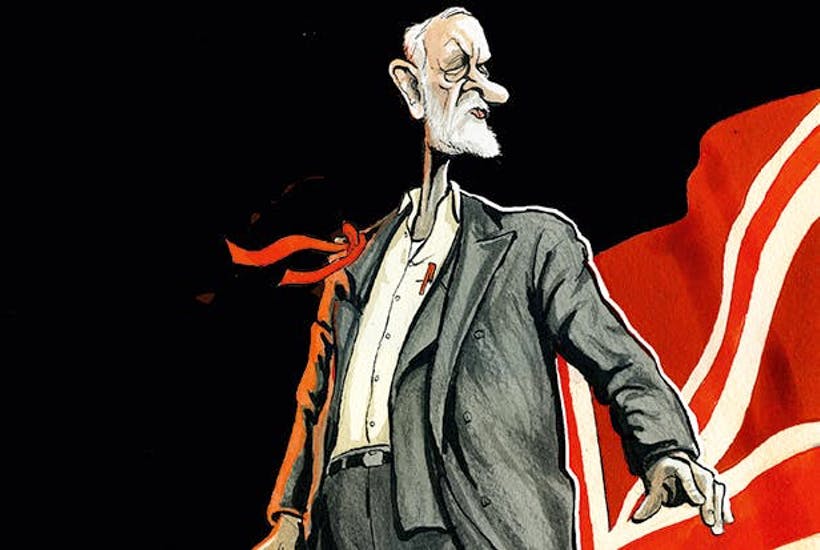When I was in my early 20s and quite conservative I assumed I was just an anomaly, someone who develops these traits earlier than normal, and conservatism was like baldness or impotence or the other bad things that get you in middle age; most of my friends and contemporaries would catch up at some point, because these things just develop at different speeds.
Now in my late 30s I realise it’s worse than that and almost none of my friends and acquaintances are going to become more conservative; if anything, they’ve become more left-wing than they were 20 years ago, as the barometer of what is progressive and therefore acceptable has shifted. Many of them would have been among the 40 per cent of the population who voted for Corbyn last week, and the 50 per cent aged 35-44.
Despite all the liberal lamentation about Brexit and Trump I saw those as mere blips in the onward march of progressivism; the former supported by the old and the latter by the prematurely dying. In reality, the future still belongs to the Left, because the young tend to be of that tribe but also because, if my generation are anything to go by, this is not merely a stage they’re going through.
Of course there is the issue of house-building, illustrated by the voting gap between renters and owners. I believe that to be an existential issue for conservatism, but in my circles having kids and a mortgage, even getting married, doesn’t seem to make a huge difference. And it’s an illustration of how progressivism has become internalised that even generation rent can’t bring themselves to consider the possibility that the housing supply on a small quarter of an island with high density might be affected by over 300,000 newcomers a year. Anger about the lack of affordable homes is usually followed a few tweets later with a complaint about why we can’t have free movement. Perhaps… these two things are somewhat connected?
Progressivism is simply the faith of the future. Corbyn, unlike May, offered a vision of the future, and when presented with a utopian-but-actually-nightmarish future over no future, most people will opt for the former.
I think one indicator of this trend is how much more liberal women tend to be compared to men. Traditionally successful religions have a huge gender bias because men tend to follow where the women are (although women tend to be influenced by a few high-status men). It’s why men tend to outwardly adopt a worldview that appeals to women, even when they don’t believe it.
Early Christianity, which had a huge gender imbalance, was the most famous example of this, and European history is filled with examples of kings who adopted the religion in order to placate their wives; among them Clovis, King of the Franks, and Ethelbert, King of Kent, whose wives helped to convert France and England respectively. (The caveat here is that socially conservative women tend to be more conservative than socially conservative men.)
I’ve always been of the view that the best ideas don’t necessarily triumph; what matters are how much prestige ideas carry, how much they are associated with high status people, and how much social proof their believers have. In middle class areas now it is not just the case that there are more Labour posters, as has always been the case for reasons of conspicuous compassion; it’s become almost like Northern Ireland. Membership of the Left has become a tribal thing. Never mind that all those people in £2m houses cheering for Jeremy Corbyn would have their livelihoods wiped away were he ever to get power. People often vote against their economic interest if identity is at stake, as Brexit showed.
This perhaps explains why some professions have become tribally political; the number of teachers who support Labour shows the extent to which conservatives now have an impossible uphill task; ditto the medical profession and sciences.
Many didn’t like David Cameron’s policy of pre-emptive surrender on every social issue he could find, including me, but what choice did he have? Those of us still clinging to conservatism are like Julian the Apostate, the late Roman emperor who tried to turn the tide of Christianisation long after it had become unstoppable. As he might have put it, thou hast conquered, oh leftie.







Comments